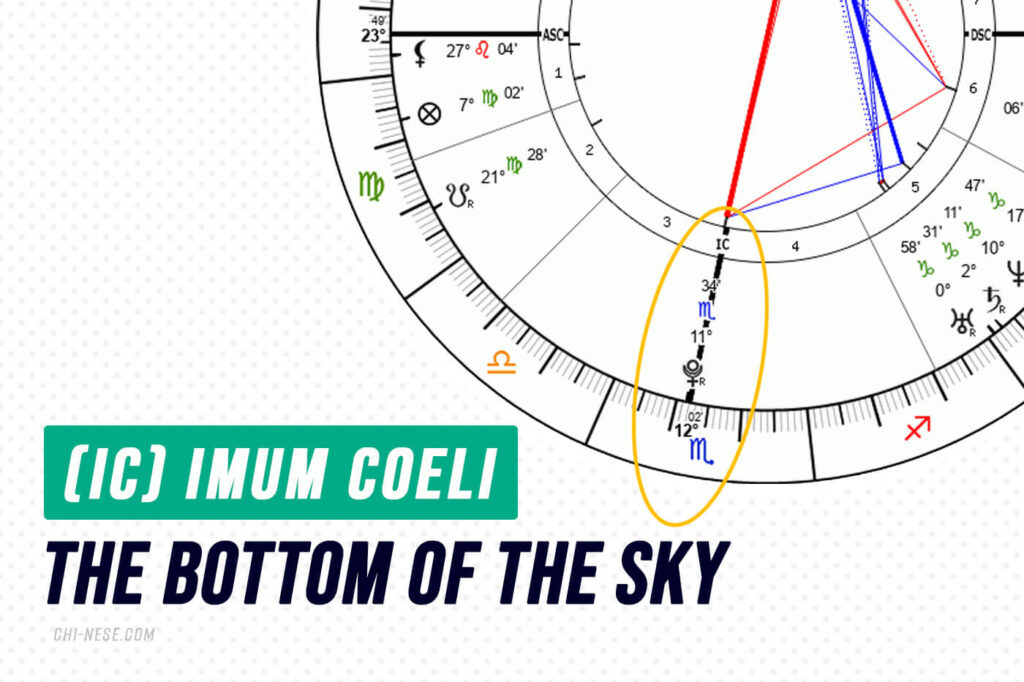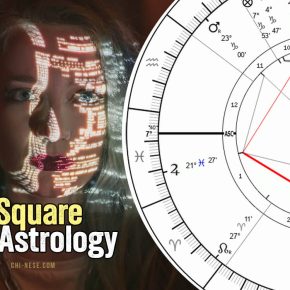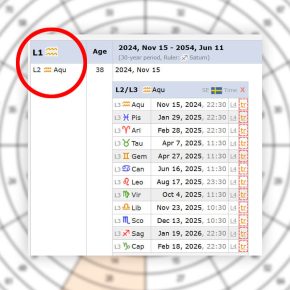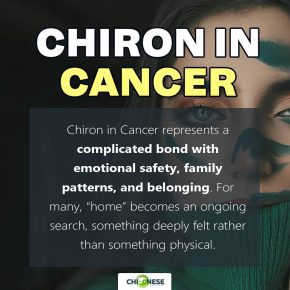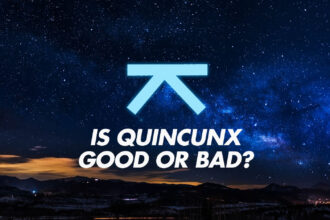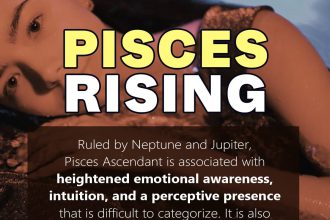The IC (Imum Coeli) doesn’t usually get the spotlight. Most people focus on the Midheaven (MC) because it looks glamorous: career, public reputation, big goals. But the IC? That’s the ground everything else stands on.
“Imum Coeli” means “bottom of the sky” in Latin, and it marks the very lowest point in your natal chart. IC is like the roots of a tree: hidden below the surface, not the part people admire, yet absolutely vital. Without roots, there would be no tree. The IC is that root system inside you, quiet, private, but deeply alive.
What the IC Shows
- Family and ancestry: Your early home, parental influences, and generational patterns. Sometimes it shows absence just as strongly as presence.
- Privacy and hidden self: The side of you that no one else sees. Sometimes even you avoid looking at it.
- The physical home: The atmosphere you grew up in, and what makes you feel safe in a home now.
- Connection to the land: Your tie to nature, whether through gardening, farming, or simply feeling rooted in a particular landscape.
The IC as the Gate to the Fourth House
In most house systems, the IC opens the fourth house, the part of the chart about roots, family, and emotional security. That doesn’t mean it’s only about traditional family roles.
For example, if the Sun sits on the IC, it doesn’t necessarily mean you love staying at home. It can just as easily point to a childhood where your sense of self was hidden, overshadowed, or hard to express. As an adult, this might show up as someone who guards their private life carefully, or who feels the need to put distance between themselves and their roots. In some literal situations, it can reflect a complicated father figure, perhaps strict, domineering, or absent altogether.
And if you have no planets there at all, the IC still speaks loudly. The sign alone holds meaning.
- A Gemini IC might point to a home filled with chatter, many siblings, or constant moves. Maybe your parents were teachers, or the household encouraged learning and curiosity.
- An Aquarius or Pisces IC can feel vague, even mysterious. Some people with these placements grow up with unclear ancestry, a hidden family history, or missing information about a parent. Sometimes it’s a secret you only uncover years later.
The IC and Nature
One thing that gets overlooked is how the IC connects to the earth itself.
- Agriculture and building: When Venus or Mars sit on the IC, there’s often a love of creating spaces. Venus here can describe someone who delights in restoring houses, designing rooms, or simply turning a physical place into something beautiful. Mars might bring a more hands-on love of building, fixing, or working with tools.
- Ecology and activism: An IC in Aquarius with Mars, for example, might describe someone drawn to environmental activism. The fight for sustainable living becomes a deeply personal matter.
- Living style: Planets on the IC often describe the type of home you crave. Uranus or Neptune there might point to someone who prefers isolation, dreams of a cabin in the forest, or never feels fully at ease in a suburban neighborhood.
For some, the IC reflects a nostalgic pull toward their childhood home. For others, it leaves a wound or a void. Either way, it never fades.
Real-Life Stories
I once worked with a woman who had Pisces Venus conjunct her IC. She knew from an early age that she was gay, but she didn’t come out until her forties. Venus in Pisces on her IC showed her private emotional world: romantic, sensitive, imaginative, but hidden beneath layers of secrecy. That placement spoke to how much she kept her love life tucked away from her family, even from herself for long stretches of time.
Another client had Saturn in Gemini on the IC. His story was striking. He grew up with two brothers and their mother, but she died when he was fifteen. The three boys moved in with elderly grandparents who were already unwell. Instead of enjoying teenage years, they took on the role of caretakers and providers. Saturn here showed early responsibility and hardship, while Gemini, the sign of siblings. highlighted how the brothers shared that weight together. His childhood carried grief, but also forged resilience.
Clearing Up Misconceptions
When I first began studying astrology in the early 2000s, the IC was usually explained as being only about family and home. That description isn’t wrong, but it leaves out so much.
The IC isn’t limited to family life. It describes what keeps you steady at the root level, what gives you a feeling of belonging or safety. For some people that’s a literal house, but it can just as easily be a creative project, a passion, a piece of land, or a quiet forest that feels like home.
It also represents the hidden layers of yourself, the memories you bury, the feelings that surface only when you are alone, the private parts of identity that don’t need an audience. Some people find grounding in nature more than in relatives. Some create an inner refuge because family connections were strained or missing. Others leave their family behind completely and plant their roots elsewhere. The IC reflects all of these paths.
Why the IC Matters
The IC is the place we come from, and the place we return to when we need shelter. It’s the basement of the chart, storing the earliest memories, the tender instincts, and the quiet corners of self that shape who we are.
It doesn’t shout for attention, and you won’t see it on display, but it holds up everything else. If you want to understand someone at their deepest level, what lives beneath the surface, in the soul rather than the mask, look to the IC.



